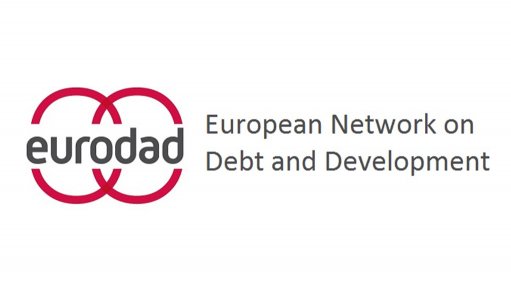
The Debt Service Suspension Initiative (DSSI) – which was announced by the G20 on April 15 – was intended to help developing countries with the overwhelming debt they owed to bilateral lenders as they struggle to finance their responses to the Covid-19 pandemic.
Today, Eurodad is publishing a DSSI 'shadow report' titled "The G20 Debt Service Suspension Initiative: Draining out the Titanic with a bucket?". This report assesses the progress of the initiative and finds that:
It is partial and does not apply to multilateral and private creditors. Without the G20 compelling all creditors to offer debt relief, money freed up under the DSSI may effectively be used to repay other debts and not to fund the response to the Covid-19 crisis.
It is merely postponing repayment pressures instead of cancelling debts. DSSI-eligible countries are already scheduled to repay USD 115 billion of debt in 2022-2024, just when their suspended 2020 payments come due.
It is not providing a safety net for all countries in desperate need of debt relief. Middle income countries, many of whom are currently at the epicentre of the pandemic, are left out. For 68 low- and middle-income countries excluded from the DSSI and for whom data is available, external public debt service is projected to reach US$ 273billion in 2020. This means that the G20 offer only covers 3.65% of all the debt service payments to be made in 2020 by developing countries.
The report calls for a more long-term approach to the debt crisis facing the world, that includes a dedicated debt relief and cancellation process for all developing countries in the wake of the Covid-19 crisis. And moves towards the creation of a permanent mechanism, under the United Nations, for the systematic, comprehensive and enforceable restructuring of sovereign debt.
It also calls on the G20 governments and IFIs, meeting virtually this weekend at the G20 Finance Minister’s meeting, to agree on a number of immediate measures to answer the very urgent needs of the countries most affected by the pandemic and the unfurling debt crisis. This includes scaling up the current DSSI to permanent debt payment cancellation for up four years and to all Global South countries in need, as well as securing the participation of all creditors, including the World Bank, other multilateral development banks and private creditors.
Report by Eurodad